
Purchasing salvage car parts can be a smart and cost-effective choice for many car owners. However, these parts come with their own set of challenges that people should be aware of. Not knowing what to watch out for might lead to more problems than solutions. For those driving in Houston, where the climate can cause wear and tear on vehicles, understanding how to handle these issues becomes even more crucial. Especially during the summer, when high temperatures can strain even the most robust parts. Being informed will help ensure your car runs smoothly through every season.
Opting for salvage parts doesn’t just require a careful eye; it needs some know-how, too. While these parts are a great way to keep your vehicle in good condition without busting the budget, potential risks can’t be ignored. Awareness and precautionary steps can make a difference in using these parts without complications. By understanding the ins and outs of salvage car parts, drivers in Houston can make informed decisions that preserve vehicle integrity and safety.
One of the trickiest parts about buying salvage car parts is spotting hidden damage. These parts often come from cars that have been through accidents or other situations that could cause unseen problems. You might not notice these issues right away, but they could affect how well the part performs once installed.
When looking over salvage parts, it’s essential to check them thoroughly. Here’s some advice to help with that:
– Look for cracks or bends, especially in metal parts, which can indicate stress or prior damage.
– Feel for any rough or uneven surfaces that might suggest wear or corrosion.
– Listen for any rattles or odd noises when moving the part, which can mean internal issues.
With the high humidity and heat in Houston, corrosion is a concern, so always be mindful of rust. Even a small amount of rust can spread, leading to bigger problems. For something undetectable, like electronics, having a professional check if the part functions properly before purchase could save trouble down the line. A little extra time now to inspect these parts can prevent headaches later.
Another aspect to keep in mind with salvage car parts is making sure they actually fit your car. Compatibility is key—installing a part that doesn’t align with your vehicle can cause more harm than good. These mismatched parts can lead to poor performance, reduced safety, and sometimes even more repairs.
Before purchasing, compare the part numbers to ensure they match your car’s requirements. Check for compatibility with your vehicle’s make, model, and year. Lacking a clear understanding of these parameters could result in spending on a part that doesn’t work for you. If you’re unsure, consulting a car expert for advice might be helpful. They can confirm whether a part will fit properly, saving both time and money.
Being aware of the possibility for fitment issues means you’ll need some level of preparedness before making a purchase. This proactive approach can help prevent unnecessary challenges, paving the way for more reliable outcomes in using salvage car parts.
When thinking about salvage car parts, it’s important to remember that they often don’t last as long as new parts. The life of a salvage part greatly depends on its own history and use. Factors like how often the previous owner used it and the conditions it was exposed to can dictate how quickly it might wear out. Regular wear and tear, rust, or heat exposure could all shorten its life.
To get the best out of a salvage part, it’s a good idea to take care of it with regular maintenance. For instance, if you’ve installed a salvage radiator, keep an eye on its coolant levels and check for any leaks regularly to ensure it works well. Proper installation and keeping parts clean can stretch their usability. These steps may help salvage parts last longer than expected, giving you more value for your money.
Dealing with warranties on salvage parts can be tricky. Unlike buying new parts, where warranties are often standard, salvage parts might come with limited warranties, or sometimes none at all. This lack of assurance can leave buyers feeling uncertain about their choices.
Commonly, there might be a short-term warranty offered, but it’s crucial to check the specific details. Be sure to ask:
– What does the warranty cover?
– How long is the warranty valid?
– What are any special conditions or exclusions?
If a part is bought without a warranty, consider these steps to manage the risks:
– Test the part thoroughly before installing it.
– Keep documentation of your purchase and any guarantees made at the point of sale.
– Explore additional protection options, like third-party warranties if available.
Being clear about warranty terms from the start helps you make informed decisions, keeping surprises at bay.
Prioritizing safety when it comes to salvage parts is a must. Using these parts can sometimes lead to safety worries, especially if the parts are used in critical areas like brakes or airbags. Salvage parts need thorough checks to ensure they meet safety standards.
It’s best to get parts certified, ensuring they function correctly and are safe. This is especially true for parts impacting your car’s safety systems. For any parts that influence safety directly, like seatbelts or tires, think about investing in new ones. Doing so cuts risks and keeps you and other road users safer.
Getting good quality salvage parts involves knowing a few helpful steps. Make sure the supplier is reputable and has a good track record. Trusted sources usually sell parts that have been well-inspected and tested.
Here’s a simple checklist to keep in mind when purchasing:
1. Always check the return policy and ask questions if unsure.
2. Verify the part’s history. Sometimes, a bit of background can reveal a lot about its condition.
3. Request any available documentation that guarantees authenticity or prior use.
Staying informed and vigilant when shopping for salvage parts helps in getting products that are both safe and reliable.
Bringing the points together, understanding the reality of salvage car parts helps in making smarter and safer decisions. Checking for hidden damage, ensuring compatibility, knowing about lifespan, and understanding warranties are steps not to be missed. Always prioritize sourcing your parts from credible places to avoid unnecessary risks.
Being equipped with the right information shields you from common pitfalls associated with salvage parts, ensuring you enjoy many miles of smooth driving. Safe travels start with informed choices, so always keep this guide handy when considering salvage parts for your car in Houston.
For those in Houston looking for quality salvage car parts, it’s wise to make well-informed decisions. At Airline Auto Parts, we ensure that every piece has been properly inspected to meet your standards. Browse our selection of salvage car parts in Houston to find reliable solutions that fit your needs. Keep your vehicle running smoothly with parts you can trust.

March 1, 2026 Where To Source Houston Car Parts Withou...

Everything To Know About Car Parts In Ho...

February 22, 2026 How To Spot Quality Used Auto Parts In H...
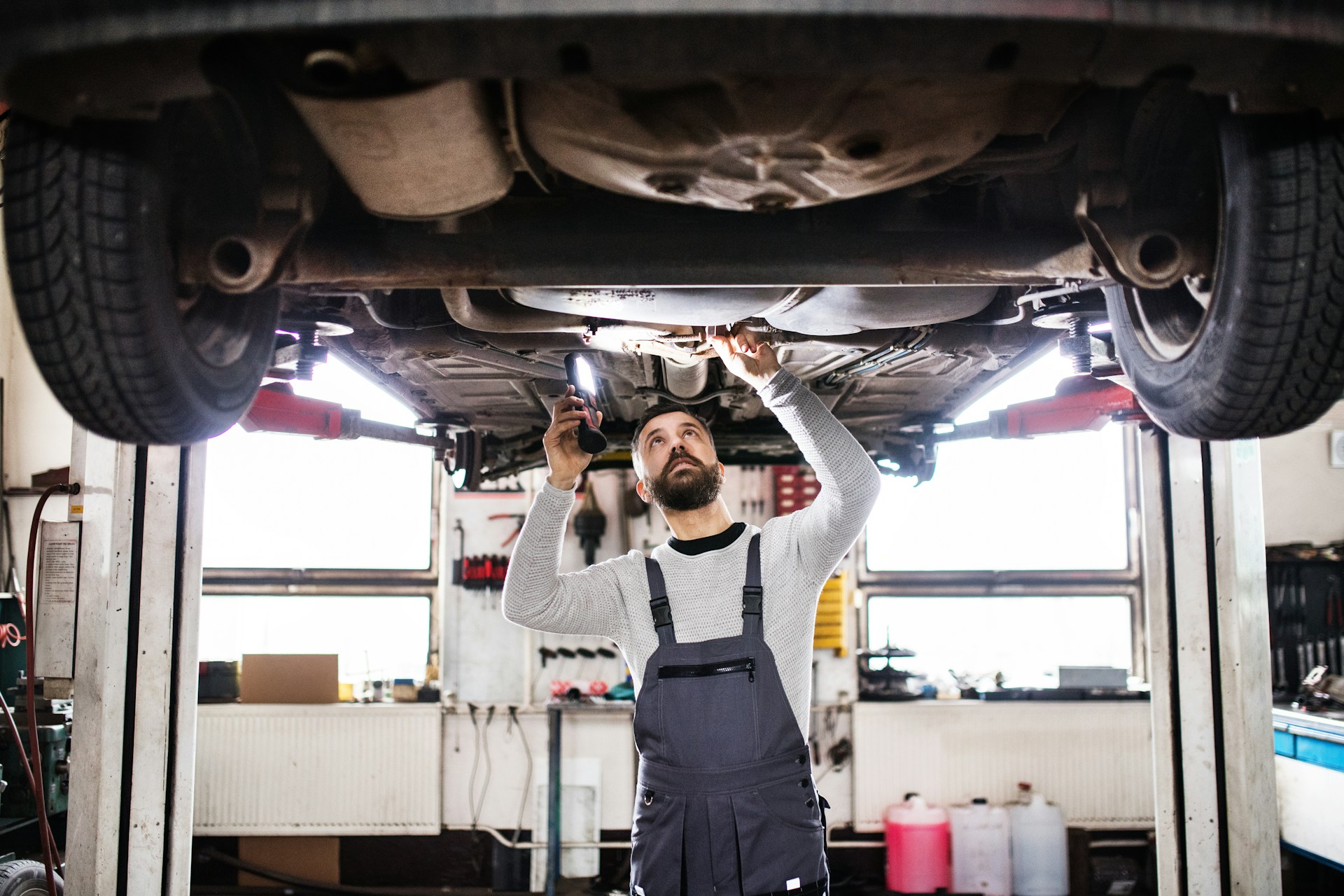
What Used Auto Parts In Houston Can’t ...

February 15, 2026 Why Drivers Turn To Used Car Parts In Ho...
When To Replace A Used Engine In Houston...
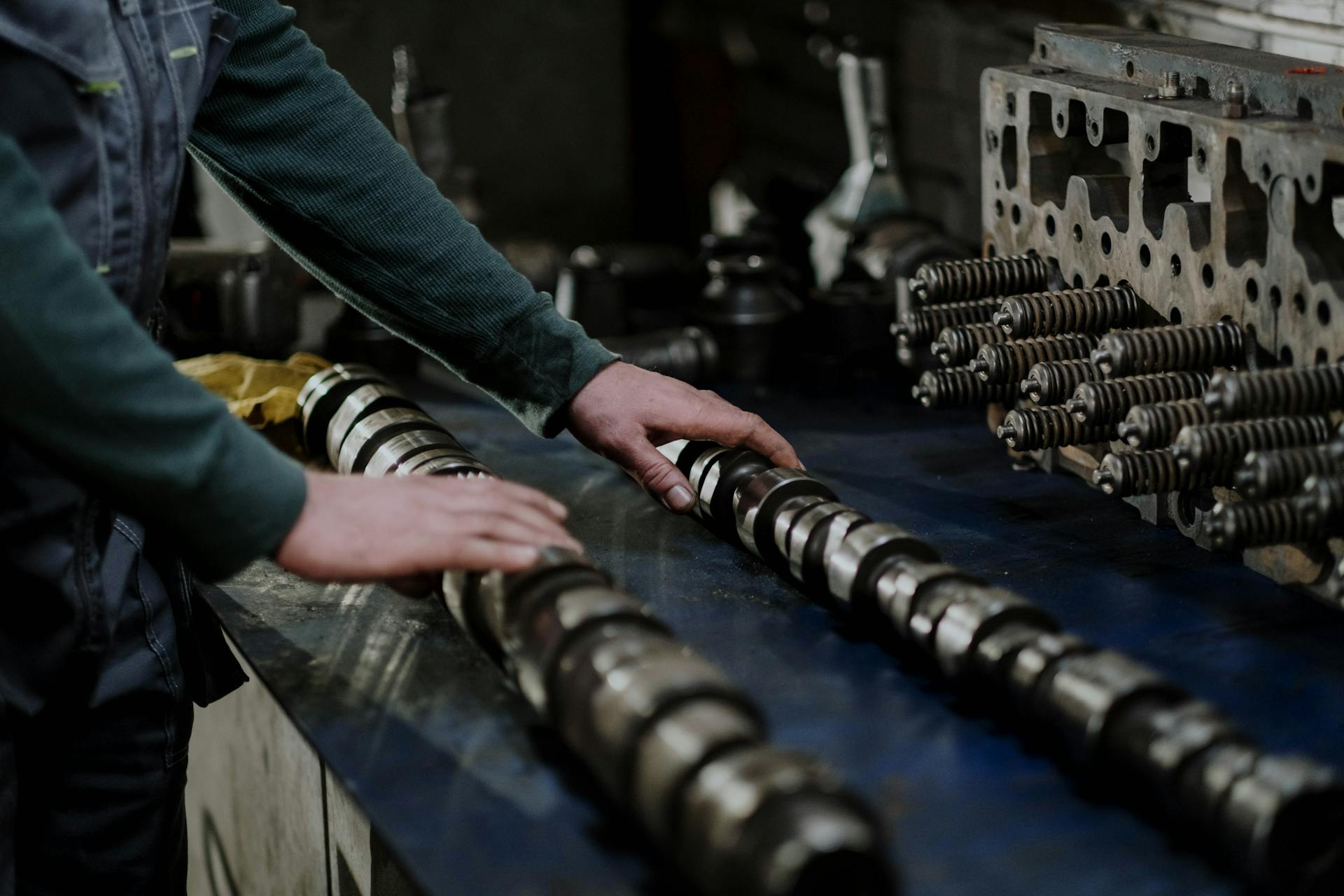
February 8, 2026 What To Ask Used Car Parts Dealers Befor...
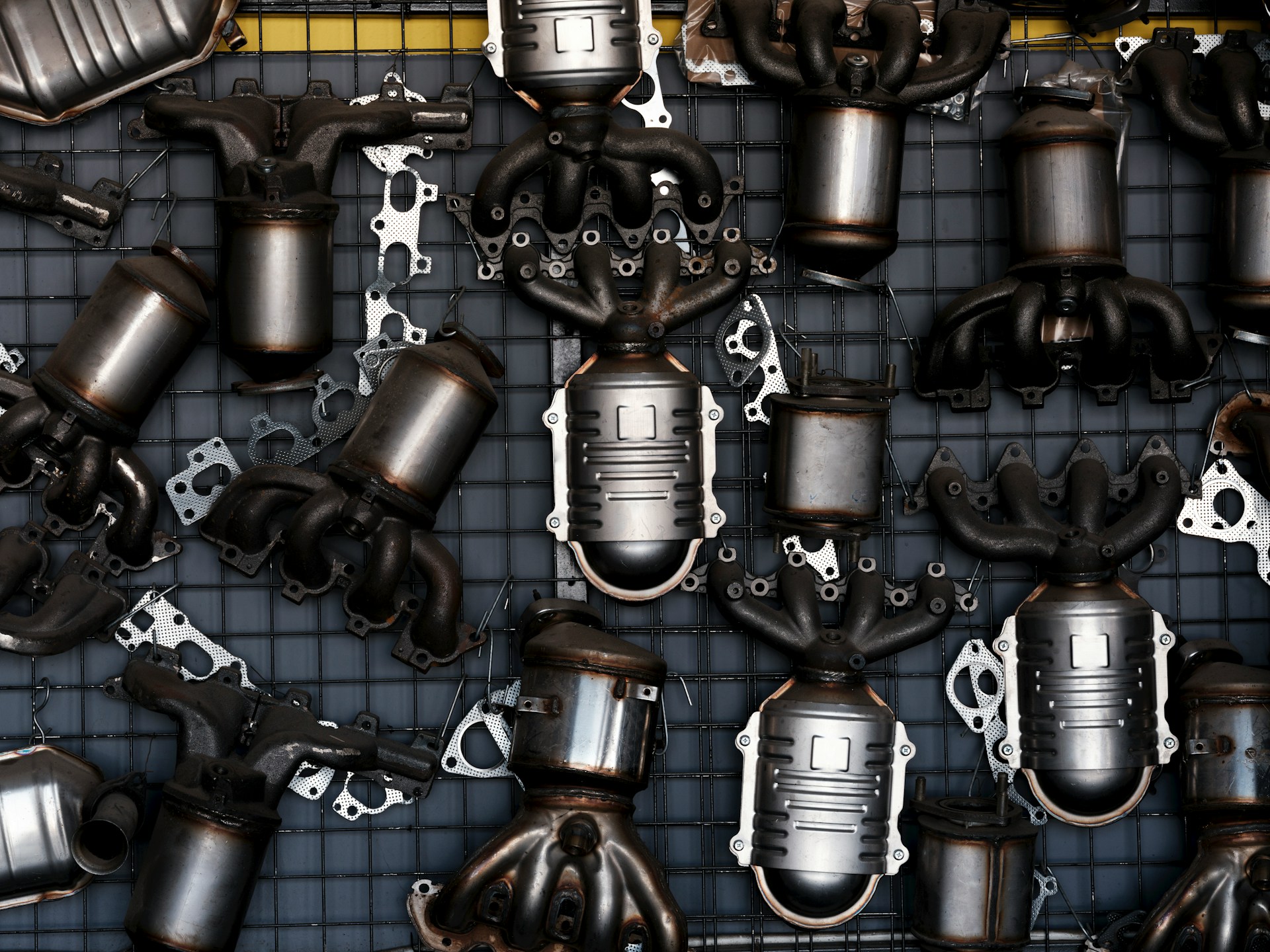
How Used Vehicle Spare Parts Help With C...
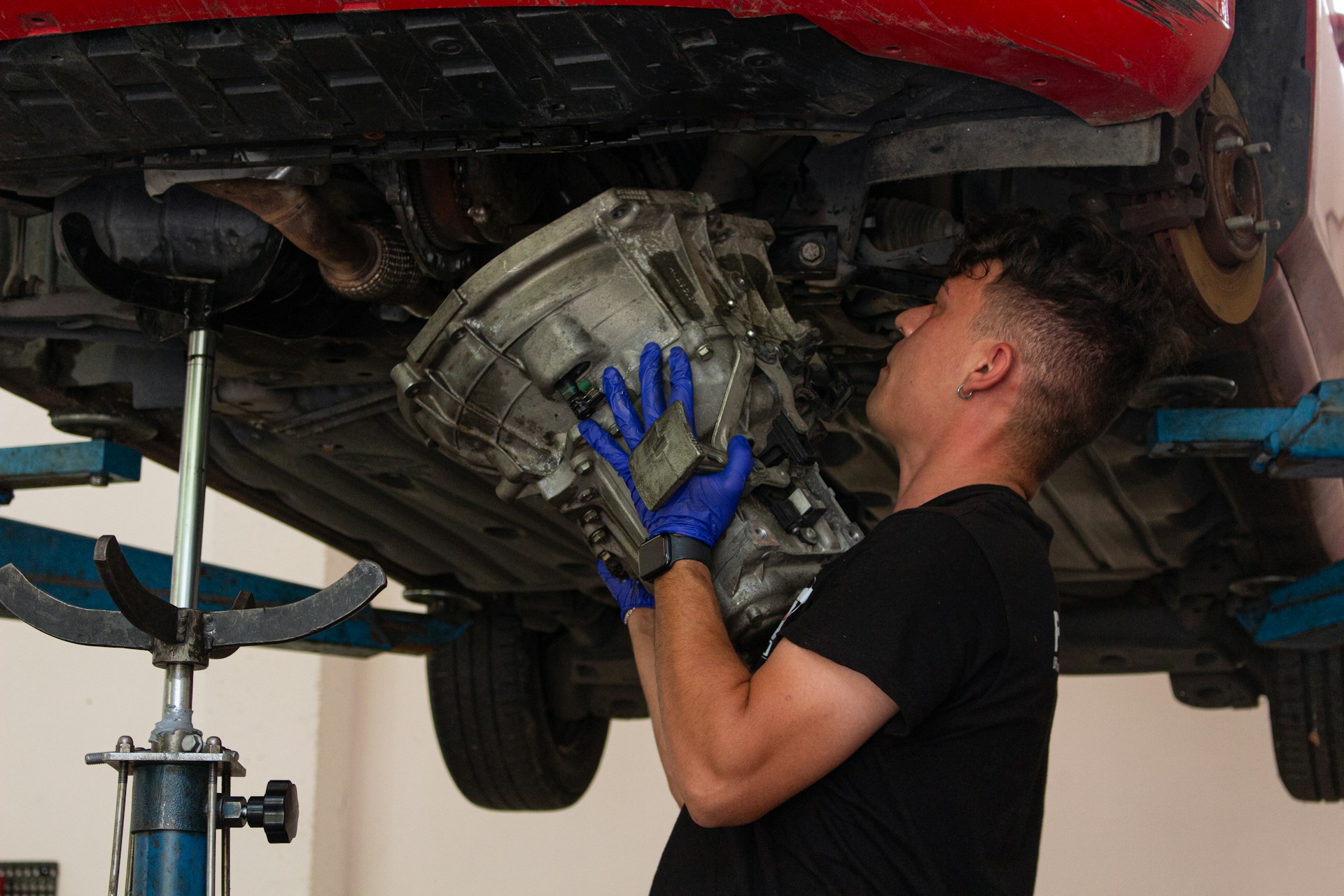
February 1, 2026 Where To Start With Used Parts In Housto...
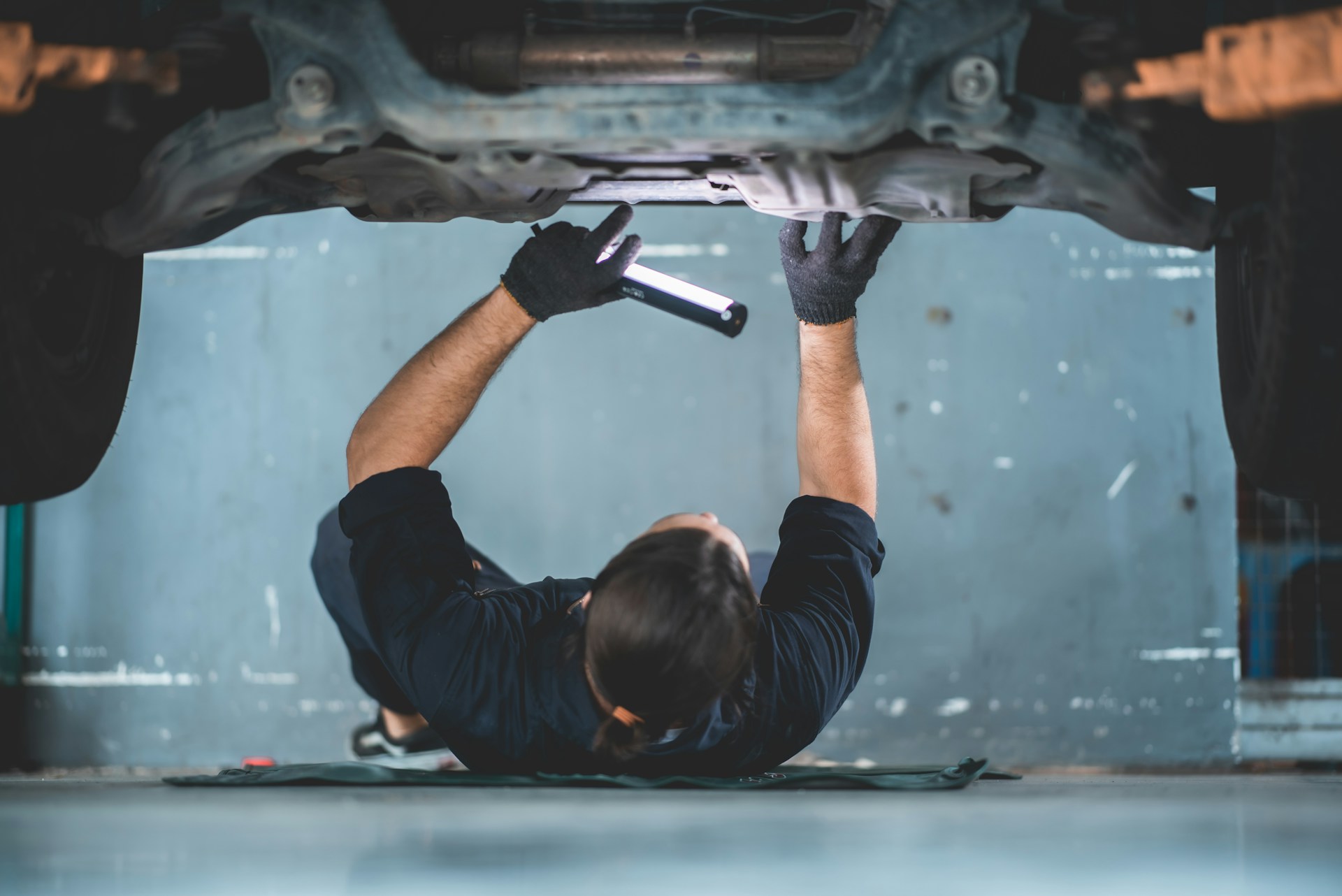
What To Expect From Car Parts In Houston...